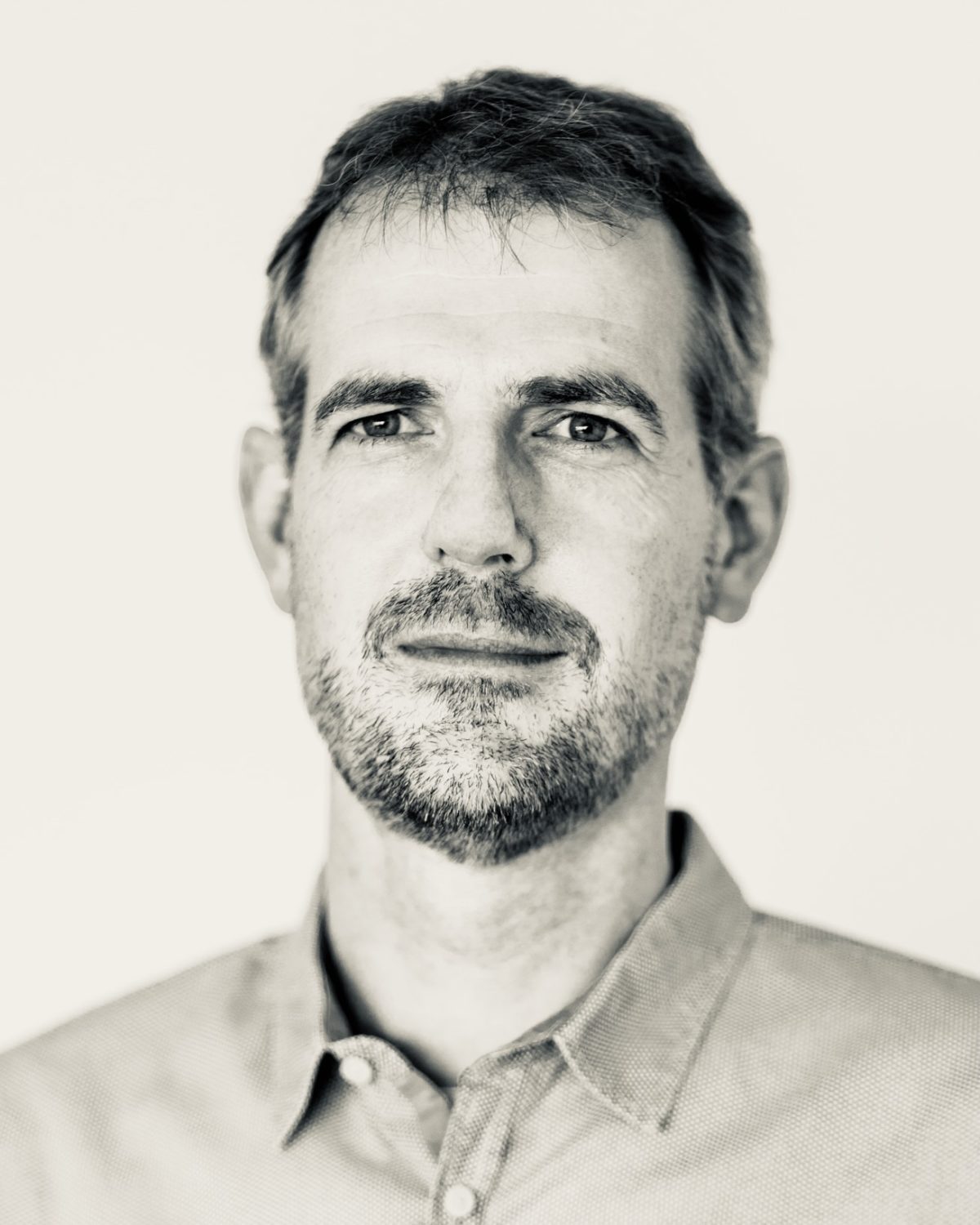
Prof. Dr. Dr. Norman Sieroka
Again and again philosophy is concerned with contradictions and with a systematic understanding of the concept of contradiction. What these concerns ultimately have in common is the exploration of the limits of what can be thought, said or experienced.
My own research focuses on the concept of time and on the philosophy of the individual sciences. My latter interest is due to the fact that I also have an academic background in physics and mathematics and have been working for a long time in interdisciplinary contexts and think tanks. (Further information and news from my research group can be found here: www.uni-bremen.de/theophil)
Limits, tensions, and contradictions figure prominently within my own fields of research: time as experienced and time as measured are not always in sync or “in-tact”; the time concepts of our most fundamental physical theories (quantum physics and relativity) do not fit together; sometimes theories and models are used together even though they formally contradict each other; and so on. Accordingly, PhD projects in philosophy in the context of the graduate school “Contradiction Studies” could, for instance, address the question of exactly how far or in what sense individual scientific theories might contradict each other; how contradictions might drive conceptual developments; in what sense there can be conflicting (contradictory) experiences of time; whether or in what sense there can be contradictions in perception; and many more. The overarching goal of philosophy would then be to provide a relevant and sound overview of phenomena of contradiction and of their role in and for society and science.